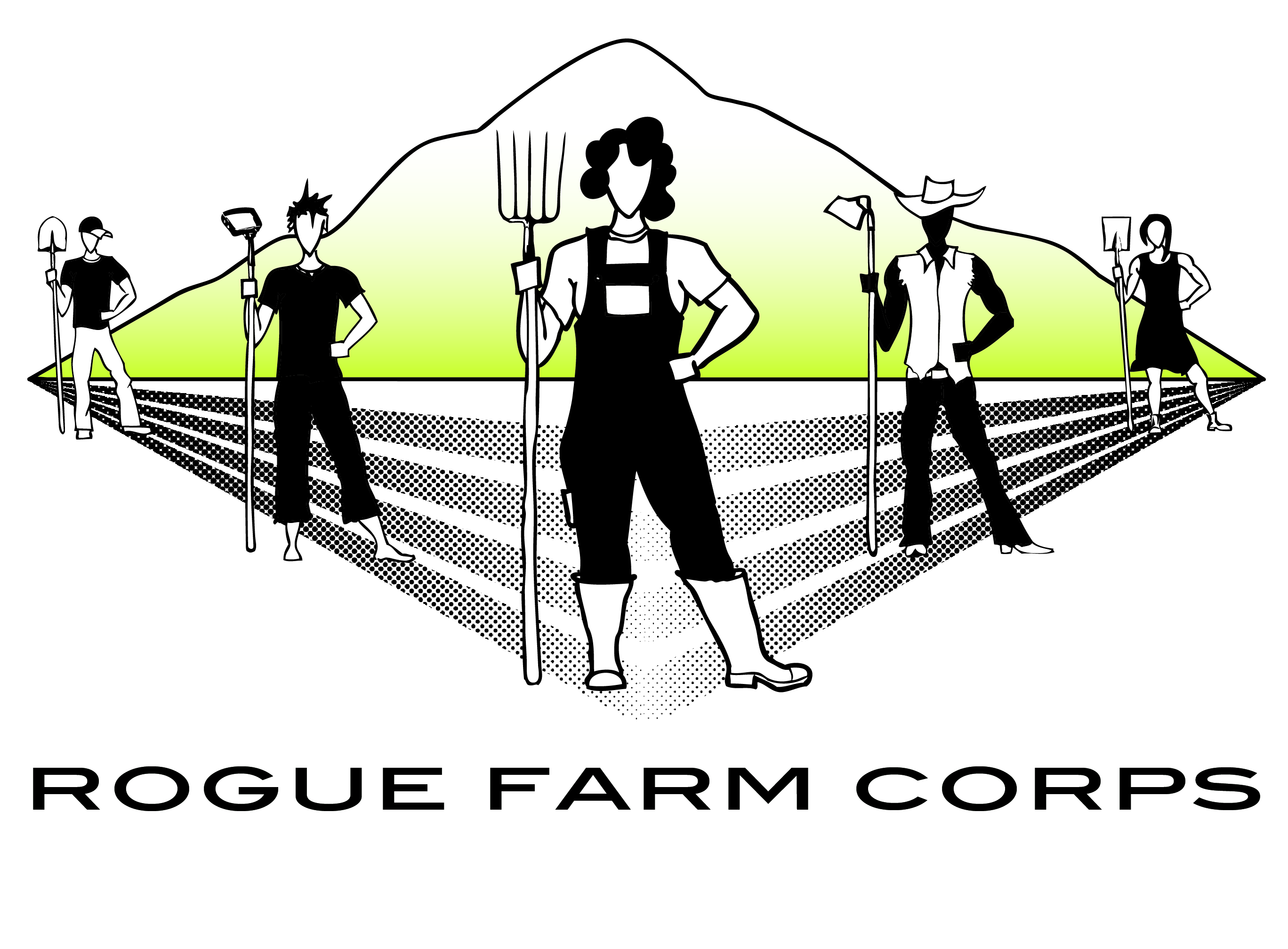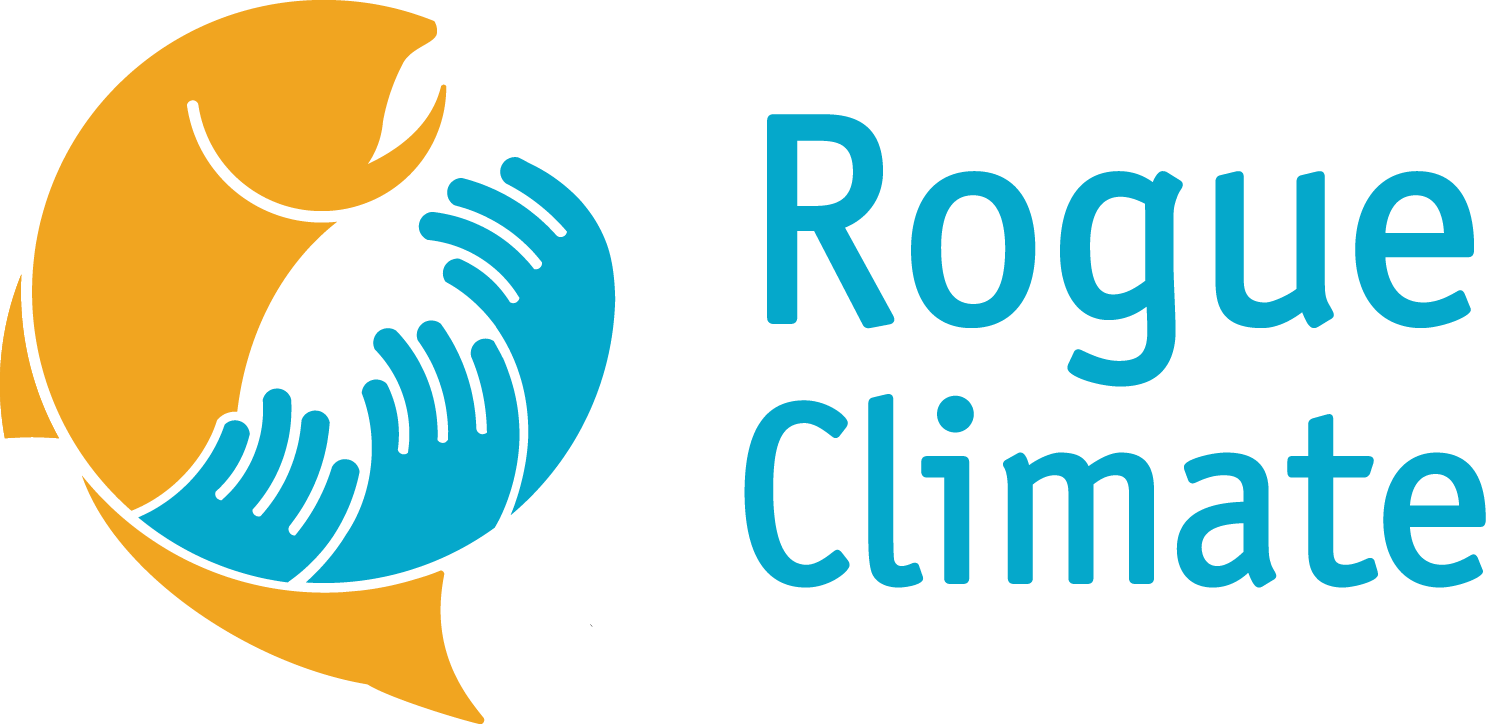
How to stay sustainable with paper products
Have you thought about how sustainable your paper home products are? While the use of single-use plastics has (rightfully) been criticized, some products are made to be single-use - like toilet paper, paper towels, and napkins. With these products, it’s best to examine sustainability by looking at what goes into their production.
While recycled paper is still a worthy alternative to ‘fresh’ paper - reducing or repurposing waste is always a good thing - it’s not guilt-free. Because recycled paper can contain receipts, tickets, food wrappers, and similar materials, BPA plastics show up in many of these products.
Of course, the Co-op works hard to get the most sustainable products on the shelves so you don’t have to spend hours researching. The two most sustainable ‘paper’ materials for hygiene products are bamboo and sugarcane.
Bamboo is grown around the world; kids can usually identify it because of its association with pandas. (Don’t worry - industrial bamboo is a different species that is not taking away a panda’s next meal!) What makes bamboo so sustainable? First, rate of growth: bamboo can grow between a foot and 3.5 feet a day! That’s partly because bamboo is actually a grass, not a tree. Compare that to an oak tree that grows 12” annually. On a large scale, an Agriculture Department study found that bamboo produced 14 tons of fiber an acre, compared to 8 tons for loblolly pine.
Additionally, bamboo is known for producing more oxygen than most trees, and sequestering more carbon - so it can be argued that bamboo products are doing more for the environment than traditional lumber/paper sources.
The Co-op carries Bim Bam Boo bamboo toilet paper, and NatureZway’s bamboo paper towels and toilet paper.
Sugarcane is quickly becoming a sustainable alternative to traditional lumber, as well. Like bamboo, it’s a grass, not a tree, so it grows rapidly and re-grows within 3-4 months after harvest.
While not as visually recognizable as bamboo, most of us are familiar with sugarcane’s typical usage: to create sugar. But after that sugarcane juice is squeezed out, very high quality fiber is left behind - usually destined for the landfill or burning. But instead, this fiber is being repurposed for processing into paper products. How’s that for Zero Waste?
Most of the sugarcane paper products carried by the Co-op are mixes with bamboo, like Ecos toilet paper and paper towels. You can also find Ultra Green napkins, made entirely of sugarcane fiber.
More Co-op News
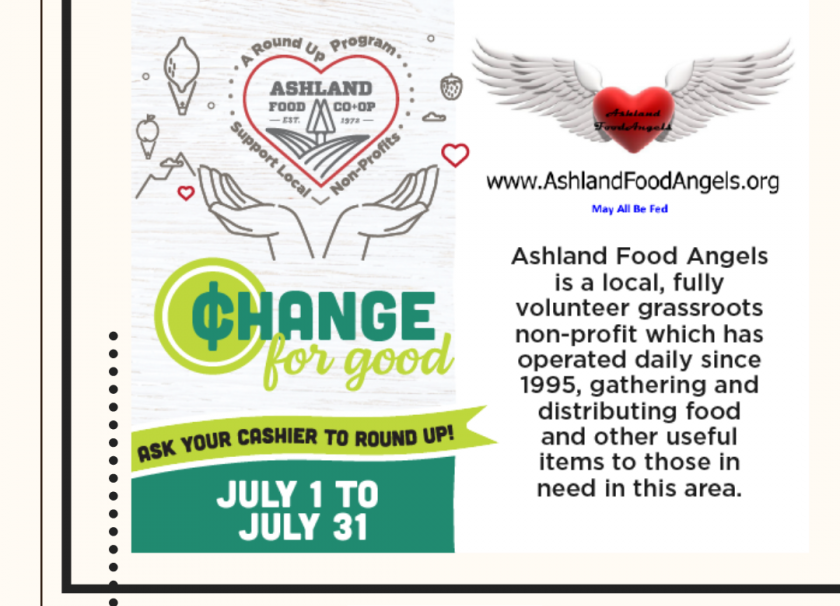
July Change for Good Partner: Ashland Food Angels
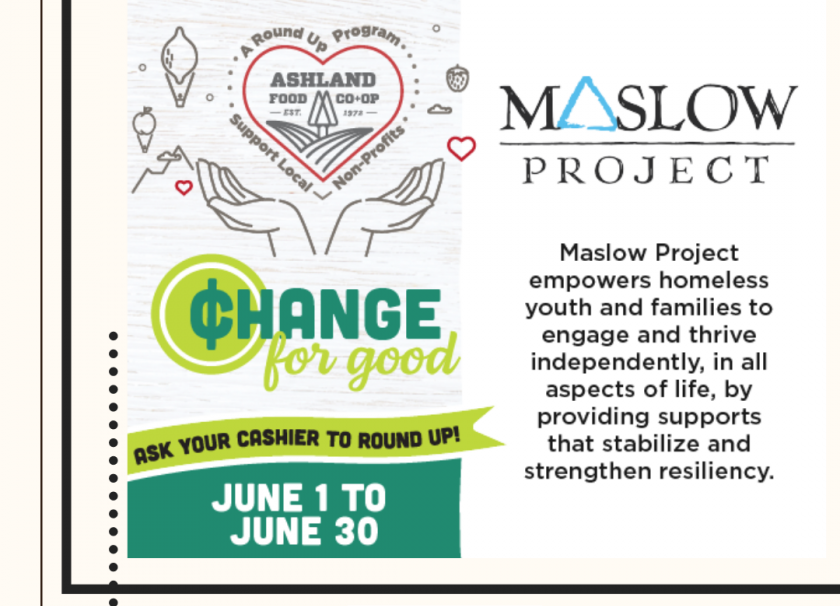
June Change for Good Partner: Maslow Project

Celebrate Ashland Food Co-op's 50th Anniversary
Ashland Food Co-op has been a staple in our community for 50 years and invites you to celebrate this anniversary with them on June 3rd, 2022 from 5:00 PM-8:00 PM, at the AFC employee parking lot for dancing, food, face painting and more!
Music by Eight Dollar Mountain and Wild and Blue.
Siano's Karibbean Cookhouse, Walkabout Brewing Co. and Rogue Kombucha will be joining us with delicious food and beverages available for purchase.
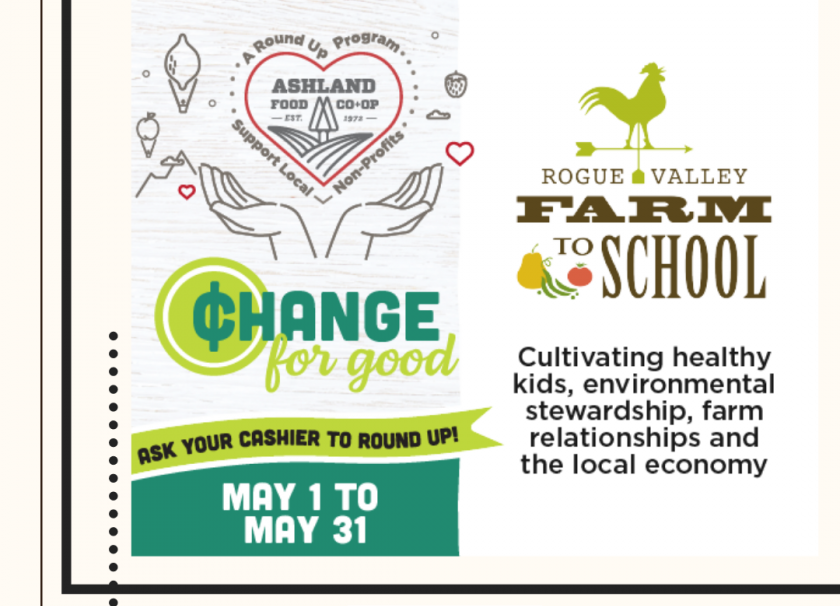
May Change for Good Recipient: Rogue Valley Farm to School
Open House Hiring Event
The Ashland Food Co-op is excited to provide employees with a fun, professional workplace with potential for growth and advancement. We see every day as an opportunity to better our community, our planet, and ourselves! Eligible employees will receive a 15% employee discount on all store purchases, affordable healthcare, 3.5 weeks of paid time off in your first year for vacation and sick days, matching 401K plan after 1 year, productivity and profit sharing bonus opportunities, free organic produce every day... and so much more!

Standing with Democracy
Our Community Food Co-op has joined, along with other co-ops across the nation, to donate to a Disaster Recovery Fund organized by National Co+op Grocers (NCG) Cooperation, Cooperative Development Foundation (CDF) and National Co-op Business Association of the United States (NCBA CLUSA) to Co-op Ukraine to support cooperatives impacted by the war in Ukraine.


Thank you for 50 years.
Celebrate our anniversary with us!
June 3rd, 2022 at the Ashland Food Co-op:
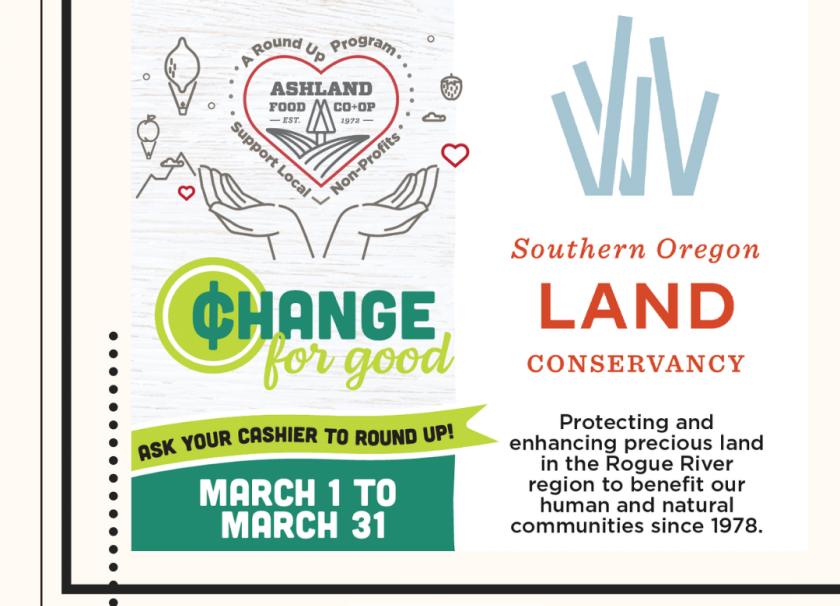
March Change for Good Partner: Southern Oregon Land Conservancy
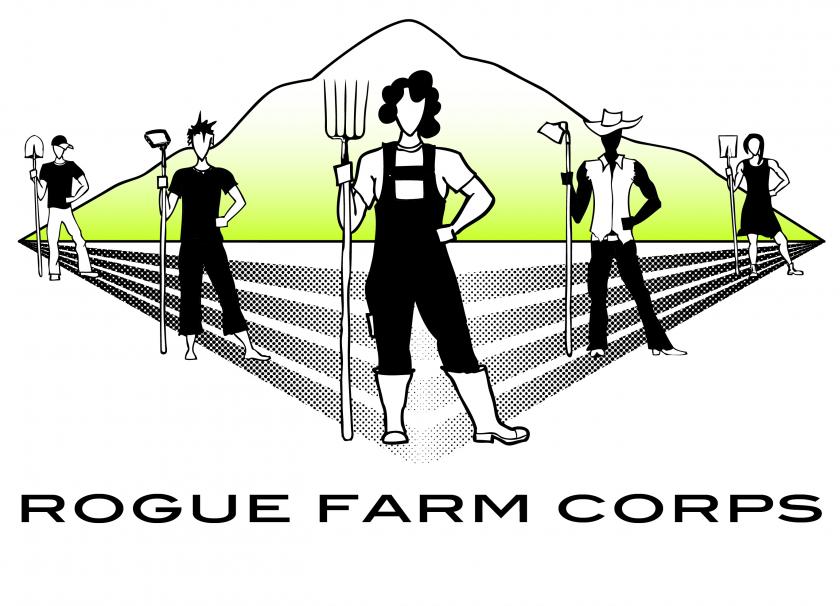
February Change for Good Partner: Rogue Farm Corps
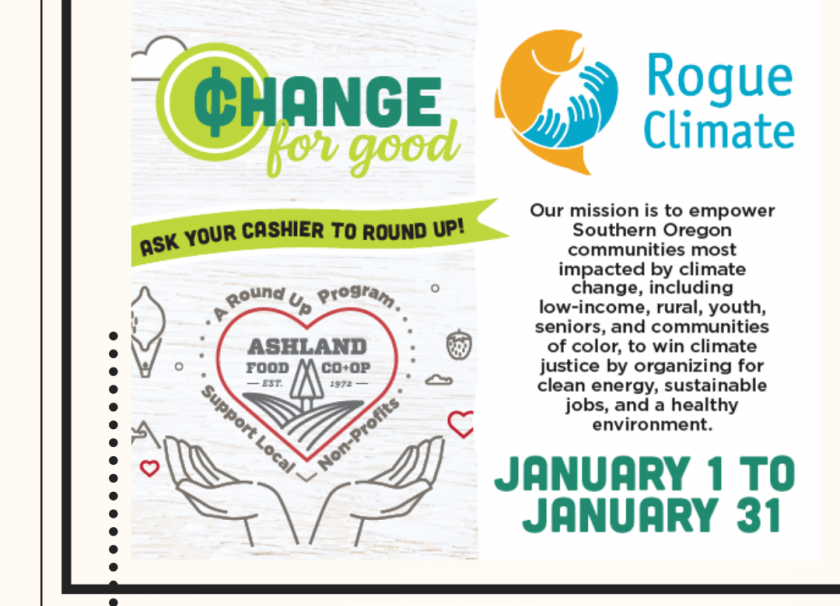
January Change for Good Partner: Rogue Climate
January's Change for Good Partner is
local nonprofit Rogue Climate
Rogue Climate was founded in 2013 in the Rogue Valley of Southern Oregon.
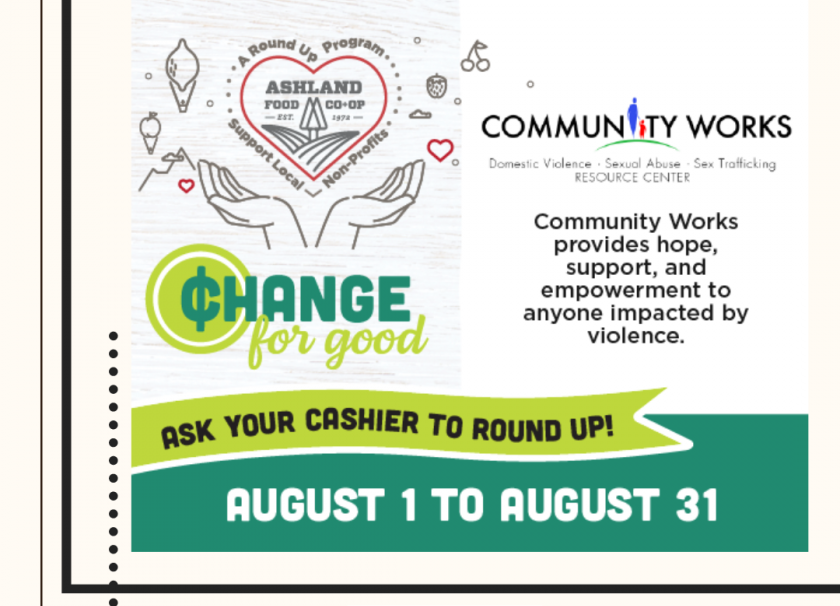
August Change for Good Partner: Community Works
August's Change for Good Partner is
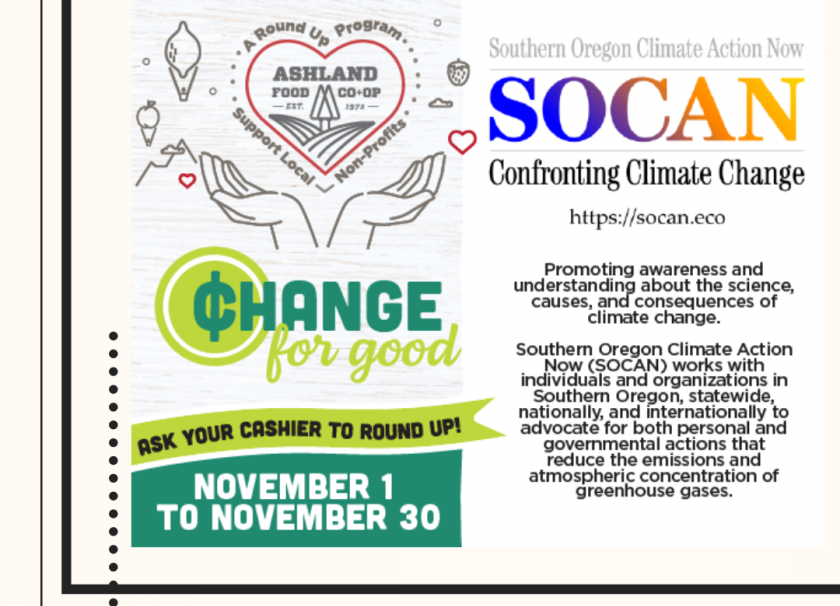
November Change for Good Partner: Southern Oregon Climate Action Now
November Change for Good Partner: Southern Oregon Climate Action Now
November's Change for Good Partner is


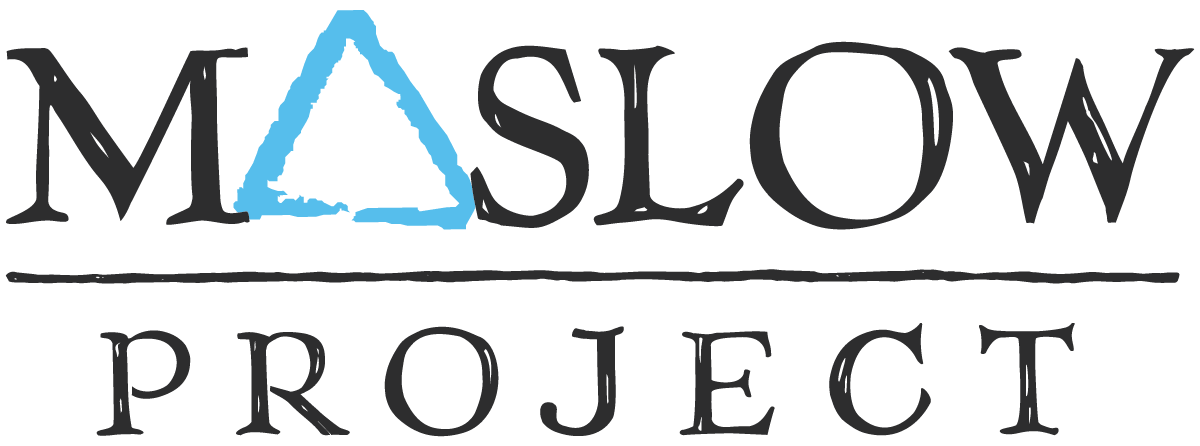
.png)
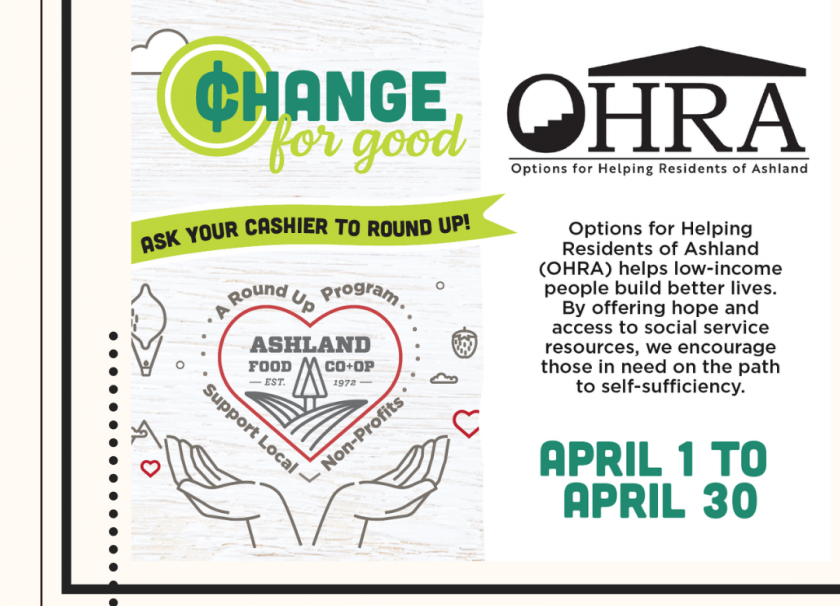
.jpg)

